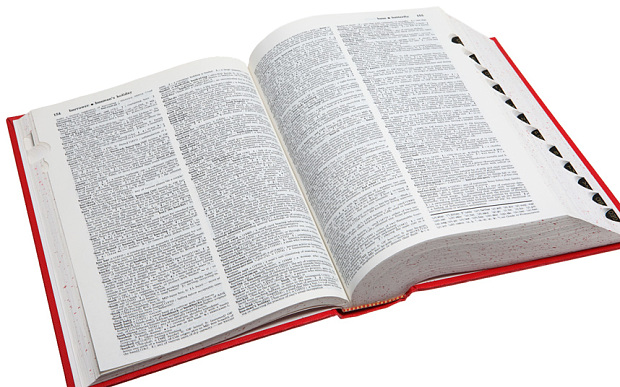


Springfield, MA – Merriam-Webster’s dictionary has changed the definition of the term ‘sarcasm’ to ‘I totally meant what I said but now I got in trouble for it so I’m going to backpedal,’ in order to keep up with the common usage.
“It is our official opinion that the word ‘sarcasm’ was just being used too sarcastically. We did what had to be done,” said Webster’s in an official statement.
This decision to change the definition comes on the heels of a recent scandal when local man Dave Pragner came under fire for his “sarcastic comment” about how immigrants just “make stuff up all the time.” When people were offended he defaulted to the classic “some people just don’t get sarcasm,” defense, making him the 10,000,000th white man to do so this year. That was when the dictionary knew it had to step in.
Some people are happy with the change. Like Penelope Desmond who celebrated by “sarcastically” throwing a slushie into a nearby baby stroller, yelling “swish!” as it plunked down perfectly into the crib. Also on board are the guy on twitter who likes to play devil’s advocate, politicians who are desperately hoping not to resign and spouses who have finally told their long-term partner how they really feel.
But some in the general public cited confusion as to what word they should now use instead of ‘sarcasm’ to denote when someone is being truly ‘sarcastic.’ When approached for comment, Webster’s had this to say, “I don’t know guys, just figure it out. We’re so tired.”
Webster’s Dictionary has since also decided to officially change the definition of the word ‘satire’ to mean literally anything.


